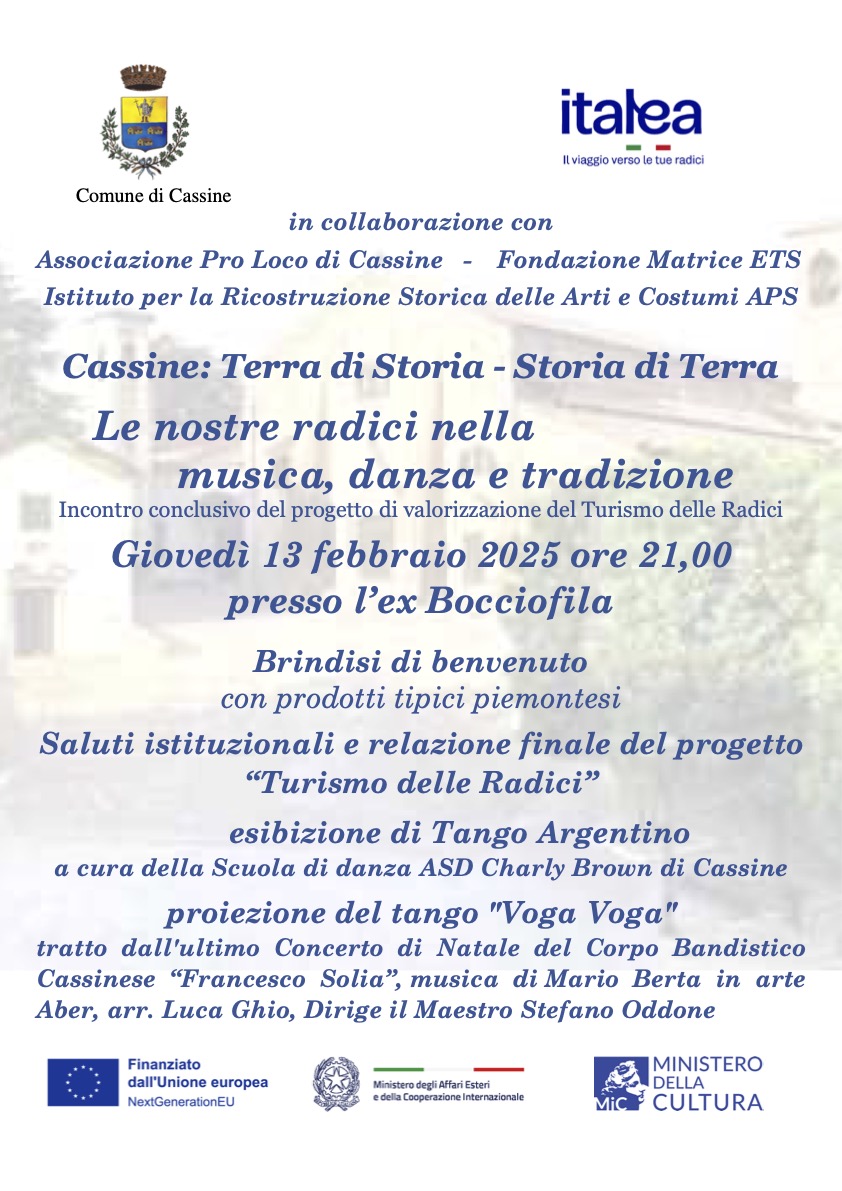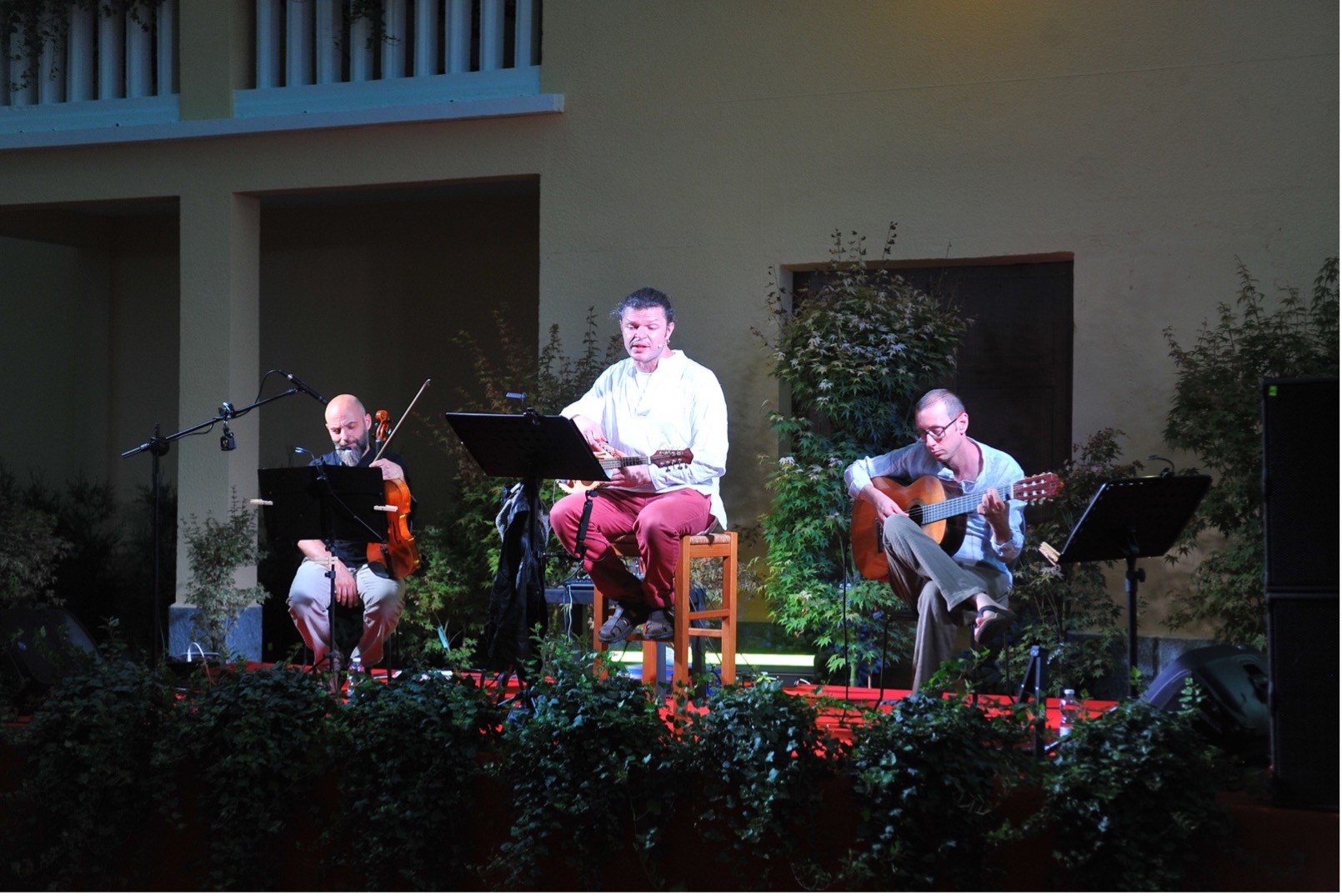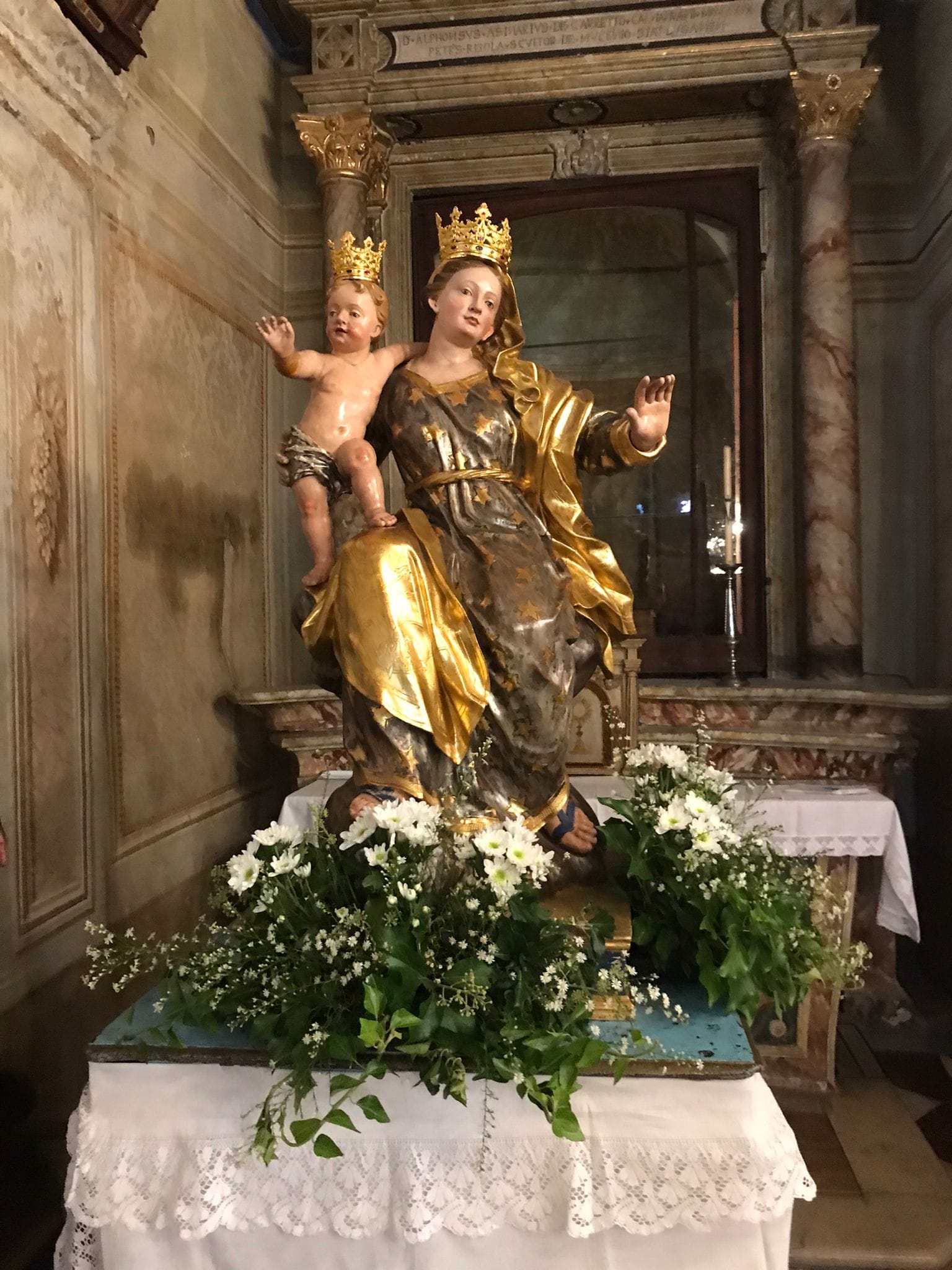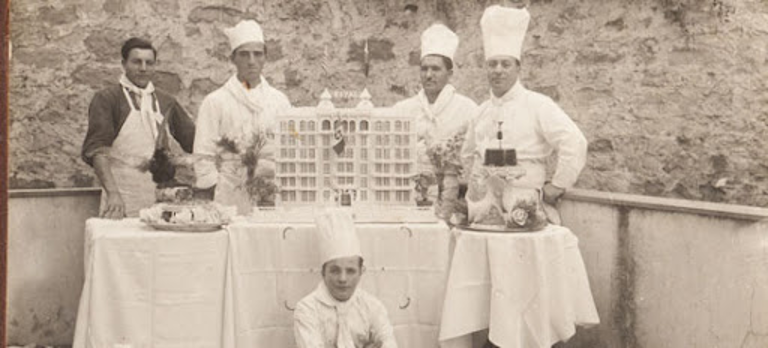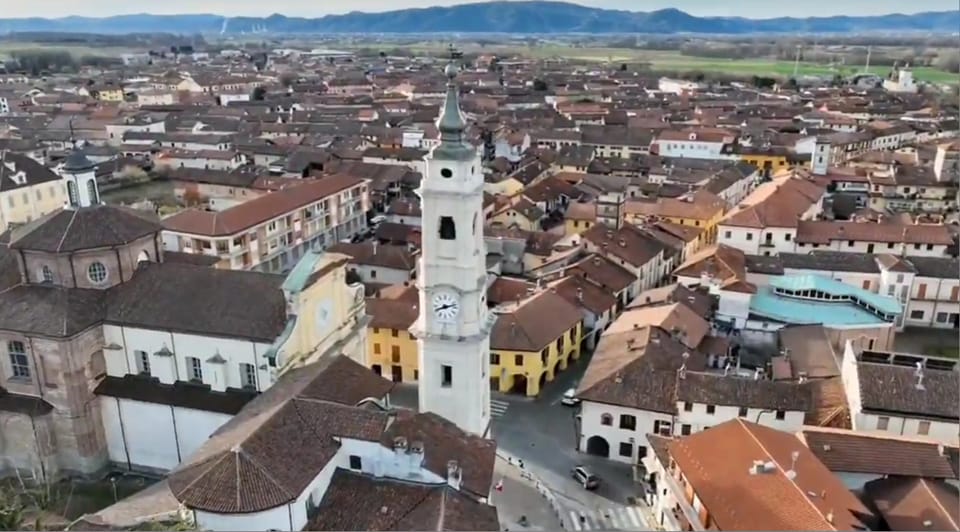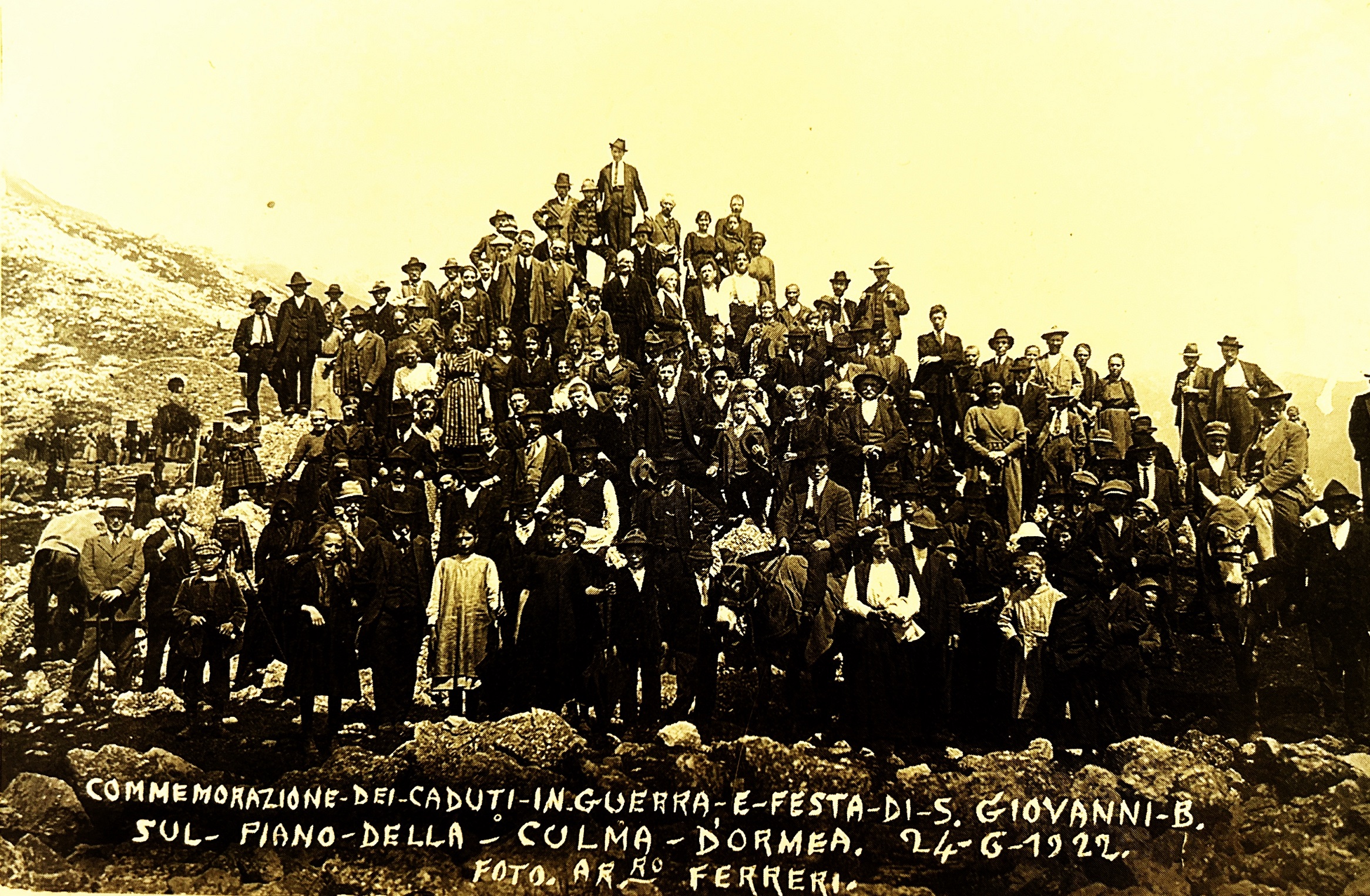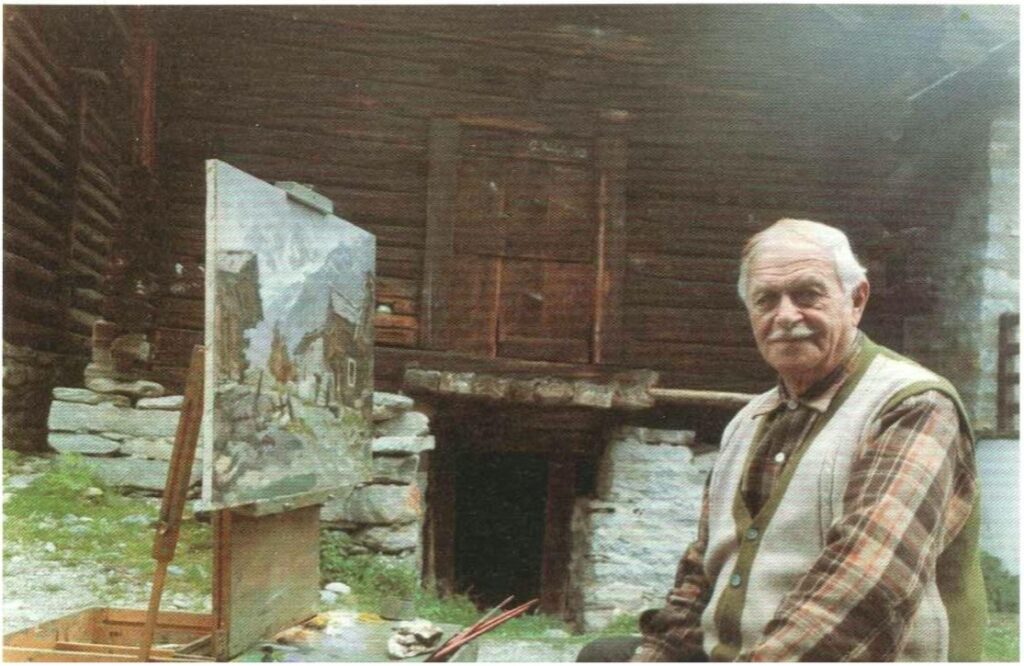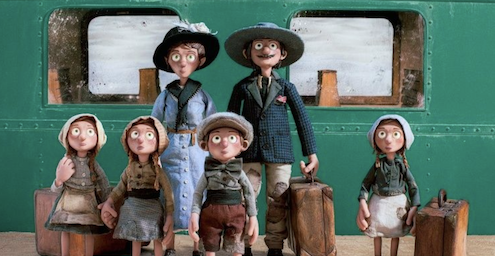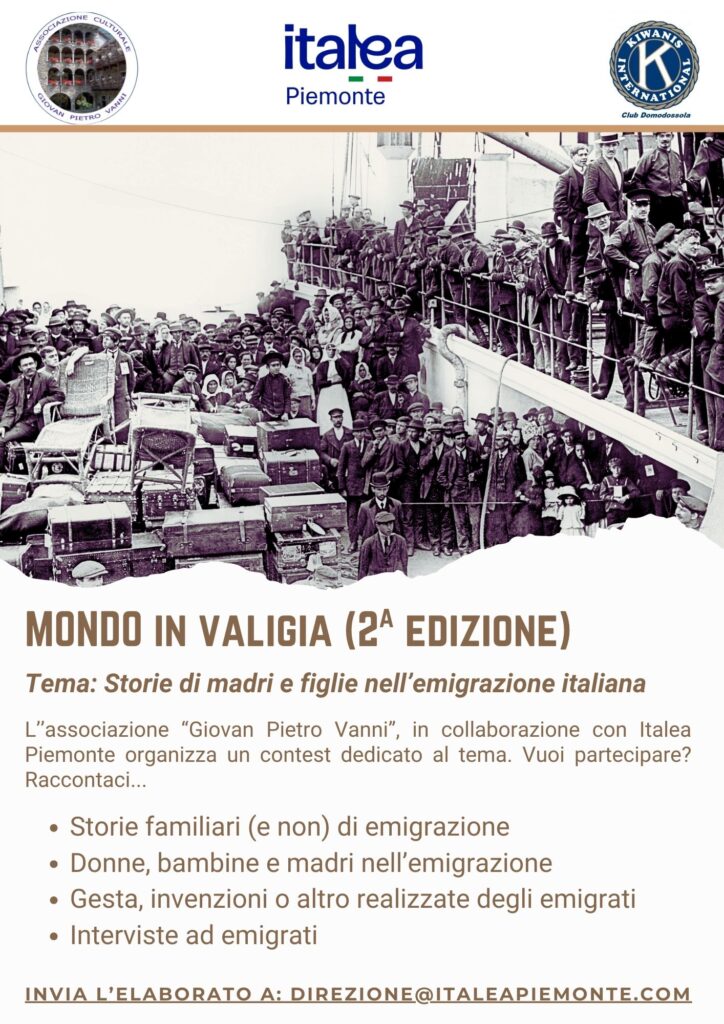GUIDE TO ITALIAN ROOTS VOL.1
Puglia, Basilicata, Abruzzo, Emilia-Romagna
GUIDE TO ITALIAN ROOTS VOL.4
Trentino-Alto Adige, Friuli Venezia Giulia, Campania, Piemonte
Filter by:
Events
News
Carlo Bossone: The art that unites Italy and Switzerland, a bridge between Ossola and Valais
Painting becomes a bridge between nations, a universal language that tells stories of lands and people. This is the heart of the exhibition “BETWEEN ITALY AND SWITZERLAND – border painting”, dedicated to the famous painter Carlo Bossone (1904-1991), which will open on 18 September in Domodossola. The event is part of the rich program of […]
read morefilm "Manodopera": rediscovering the Roots to understand the present
There was a time, not too long ago, when we were the ones who emigrated. A time when cardboard suitcases were full of hope and fatigue, and looks full of nostalgia for a land, Piedmont, as loved as it is hard. This is the story that director Alain Ughetto wanted to tell in his award-winning […]
read moreWorld in a Suitcase: the second edition of the contest on emigration, dedicated to women, is underway
In the wake of the success of the first edition, which gave us touching stories and precious testimonies, we are proud to announce the second edition of the “World in a Suitcase” contest. The initiative, organized by the “Giovan Pietro Vanni” Cultural Association in collaboration with Italea Piemonte and with the precious support of the […]
read more